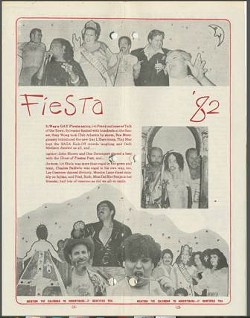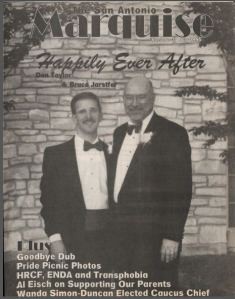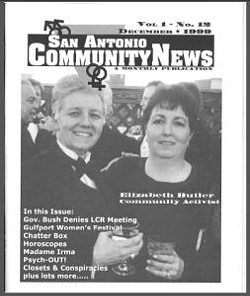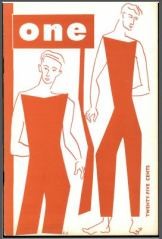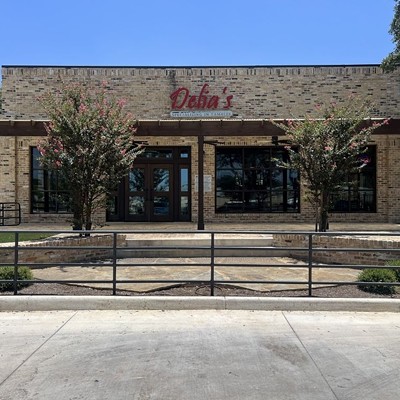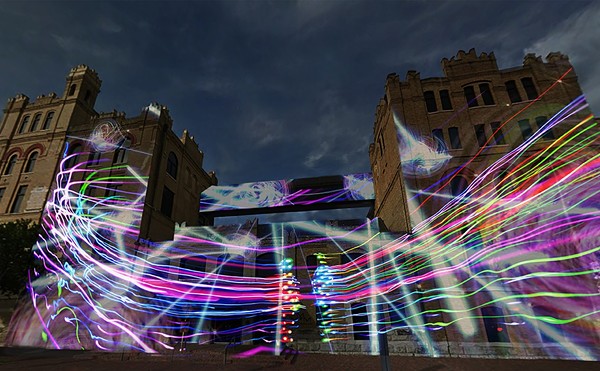For a long time, any departure from traditional gender roles or sexuality was, at best, simply not talked about in polite company and, at worst, met with outright hostility and even violence. It's surprising then, to discover that San Antonio has a long history of LGBTQ publications being circulated as far back as the early '80s.
The Calendar / May 21 1982
Melissa Gohlke, a librarian at UTSA who works closely with their special collections, says that from what she's gathered just reading some of the periodicals, “San Antonio has a long history of being relatively tolerant of anything considered a 'deviant form of sexuality.”
From pocket-sized pamphlets detailing the city's queer-friendly businesses, to relatively large periodicals that covered serious issues on the national scale, UTSA's library is a solid resource for scholars and members of the LGBT community who wish to learn more about queer history in San Antonio.
In the hopes of making this resource more widely available, UTSA has begun digitization of their collections for online distribution. Already they've digitized the Happy Foundation Archives, a small collection previously kept in a back room of the Bonham Exchange, as well as the Lollie Johnson papers, which they expect to become available to the public sometime later this year. The process is ongoing and “very time consuming,” says Gohlke, but the library is always looking for more additions to it's collections, reaching out to several LGBT organizations in the hopes of digitally preserving these insights into Queer history.
Another action they're taking towards this goal is the harvesting and archiving of LGBTQ websites, particularly those based locally or regionally. Websites are an important way of reaching members of the community in more sparsely populated and rural areas, who may not be comfortable in reaching out to their peers or may simply not have anyone around to talk to.
“This is something that we're very excited about,” says Gohlke. “No one else in the country is doing this. Web presence can be so fleeting, you stand to lose that aspect of it.” The snapshots of these website are already available the public, and can be accessed by searching the keyword “LGBTQ” through the UTSA library's Web Collections page.

